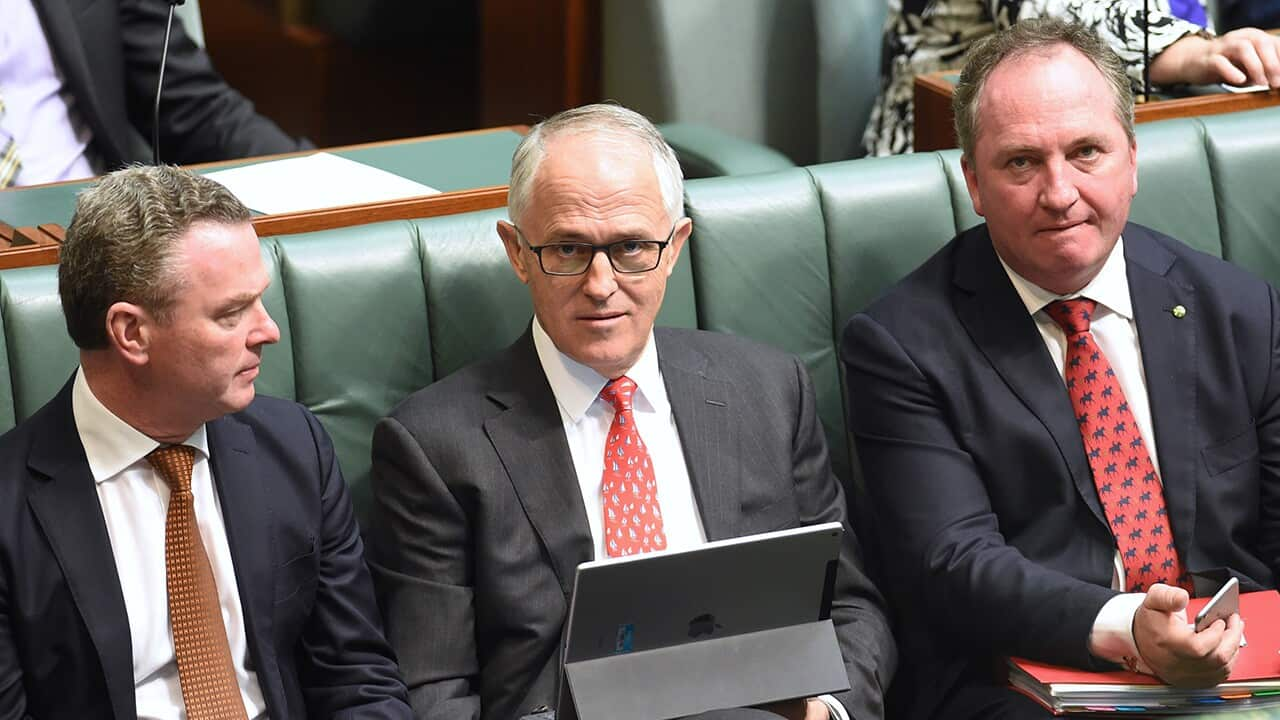The widely-feared backpacker shortage over summer never eventuated, following first figures from the Department of Immigration showing backpacker numbers held up “pretty well” in 2016.
In Senate Estimates on Monday night, Immigration Department official Michael Manthorpe said a minor decline in the visa class 417 (working holiday makers) had been made up by growth in the 462 ‘work and holiday’ visa.
"It is a pretty flat pattern of numbers of visas, despite what some people have said about uncertainty in the market,” he said.
In November, industry groups suggested the original 32.5 per cent “backpacker tax” was already doing damage to the sectors that relied on backpackers - tourism and agriculture.
Ultimately, the government made a last minute deal with the Senate to reduce the rate of tax to 15 per cent at the start of December.
RELATED READING

Government defends backpacker tax deal with Greens
Before the compromise was reached, Julian Ledger, chief executive of YHA Australia said "controversy about the appropriate rate of taxation” had already affected visa numbers.
"That whole system seems to be put in a bit of peril because there's uncertainty around what the amount of tax they're going to be paying is and I think we can visibly see there are not the numbers of people about anymore,” he said at the time.
Also in November, the National Farmers' Federation issued a press release with comments from persimmon grower Brett Guthrey, who said “we are already bearing the brunt of the failure of the Parliament to find a workable compromise on the backpacker tax”.
“This uncertainty is hurting our businesses now and it is causing pain and anxiety in families and communities.
"Even if an outcome is reached this week, damage has been done."
In the six months to the end of 2016, working holiday visas dropped 4,000 compared to the period in the previous year, to 104,000. ‘Work and holiday’ visa numbers increased more than 1,500 to about 12,500, leaving only a minor decline in overall visitors.
However Mr Manthorpe cautioned that these figures were still early.
“The short answer is that it is too soon to be definitive, but the numbers are holding up reasonably well.”
Share


